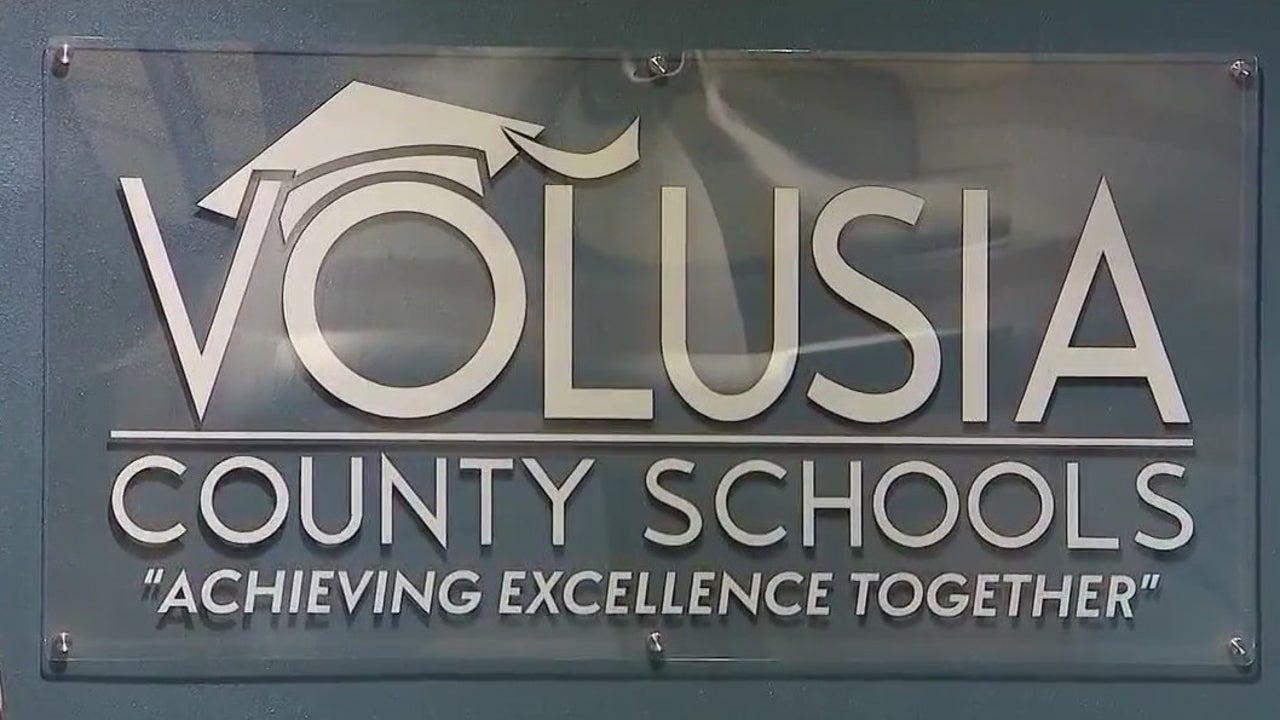Google Veo 3: Will AI-Powered Filmmaking Empower Creators or Replace Them? Kiwis Weigh In

Google's latest innovation, Veo 3, has landed with a bang, sparking a lively debate across Aotearoa and the globe. Unveiled at Google I/O 2025, Veo 3 leverages cutting-edge AI technology to generate entire videos – from simple clips to complex narratives – simply from text prompts or images. Imagine describing a scene, or uploading a photo, and Veo 3 instantly produces a polished video with perfectly synced audio! It's a game-changer, but is it a good one?
Democratising Content Creation?
The initial reaction has been largely positive, with many hailing Veo 3 as a powerful tool that will democratise content creation. Small businesses, independent filmmakers, educators, and everyday Kiwis could now create professional-looking videos without needing expensive equipment or a team of experts. Think of the possibilities for local tourism campaigns, educational resources for schools, or even just sharing family memories in a more engaging way. Suddenly, anyone with an idea and a smartphone can become a filmmaker.
“This is incredible!” exclaimed one user on social media. “I've always wanted to make videos for my small business, but I couldn't afford it. Now, I can give it a real go!”
The Job Security Question: A Kiwi Concern
However, the excitement is tempered by a growing concern about the impact on jobs within the film and video production industry. Will Veo 3 render many roles – from editors and sound designers to camera operators – obsolete? The fear is that businesses might opt for the cheaper, AI-generated option, leading to job losses and a decline in the quality of creative work. This is a particularly sensitive issue in New Zealand, where the film industry makes a significant contribution to the economy and employs thousands of people.
“I’m a freelance video editor, and I’m worried,” posted another user. “This could seriously impact my livelihood. While it’s a cool technology, we need to think about the consequences.”
Beyond the Hype: Finding the Balance
The reality is likely to be more nuanced than a simple “robots replace humans” scenario. Veo 3 is unlikely to completely replace human creativity and expertise. Instead, it’s more probable that it will become a powerful tool assisting filmmakers, automating tedious tasks, and allowing them to focus on the more creative aspects of the process. Perhaps we'll see a rise in 'AI-assisted filmmakers,' blending human artistry with AI efficiency.
Furthermore, Veo 3's initial output, while impressive, still lacks the subtle nuances, emotional depth, and artistic vision that a human filmmaker can bring. It's a powerful starting point, but it's unlikely to replace the human touch entirely.
Looking Ahead: A Call for Adaptation
The arrival of Veo 3 is a wake-up call for the film industry. It’s a reminder that technology is constantly evolving, and that adaptation is key. Filmmakers need to embrace these new tools, learn how to use them effectively, and find ways to leverage AI to enhance their creativity, rather than fearing it. Government and industry bodies may also need to consider initiatives to support workers who may be displaced by automation, providing retraining opportunities and fostering a culture of innovation.
Google's Veo 3 is undeniably a revolutionary technology. Whether it ultimately empowers creators or threatens jobs remains to be seen. But one thing is certain: the landscape of filmmaking is changing, and Kiwis are watching closely.






